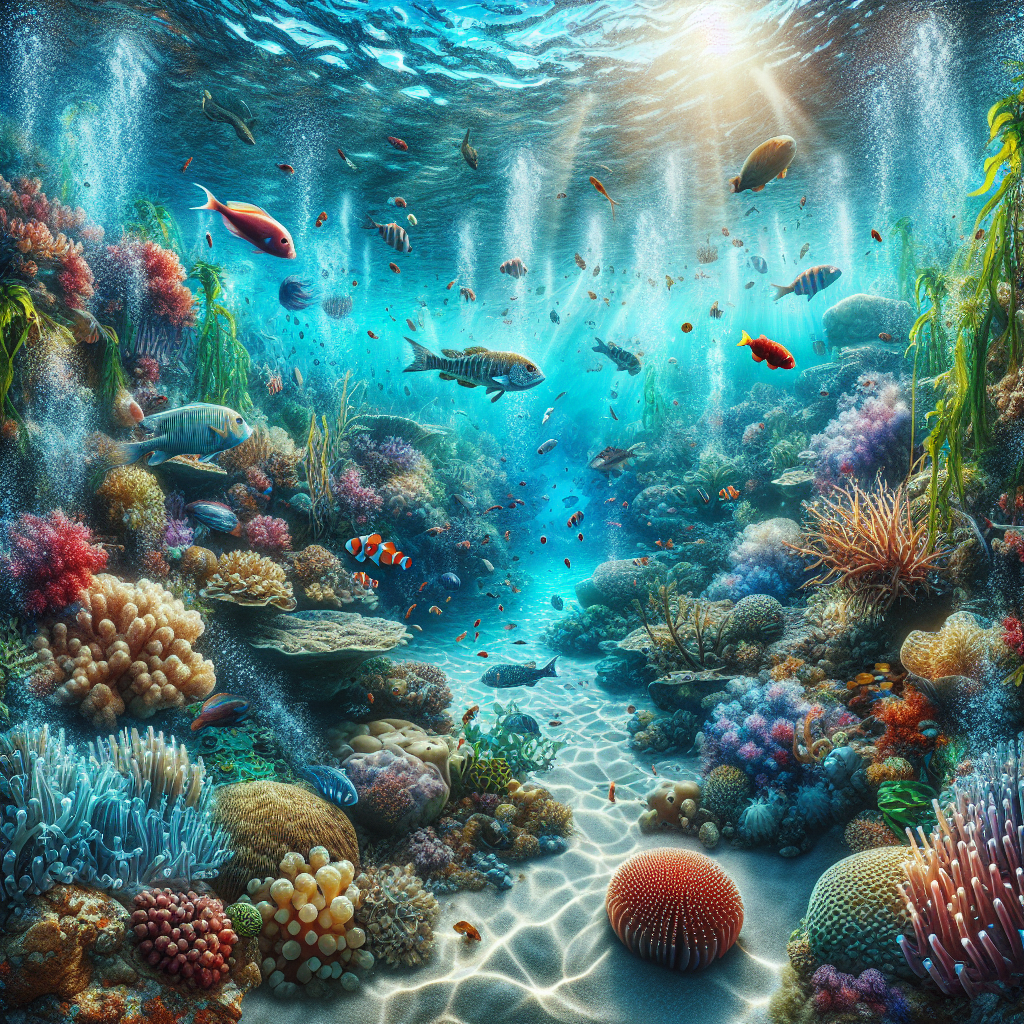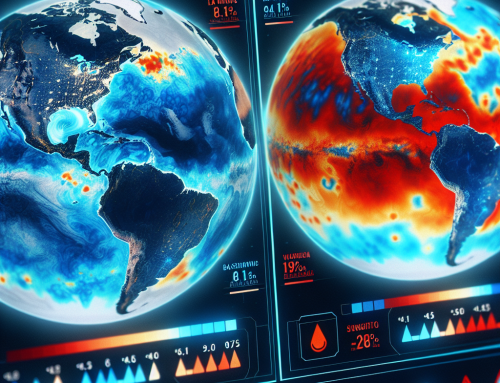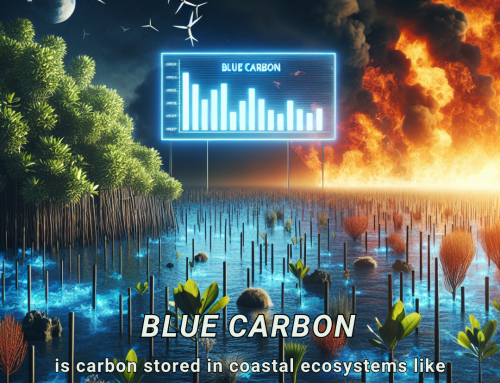
Coral reefs, the vibrant and diverse ecosystems that support a quarter of all marine life, are facing unprecedented threats to their survival. According to recent studies, approximately 44% of global reef-building coral species are at risk of extinction due to a variety of factors, including severe bleaching events, pollution, disease, and human activities such as fishing and mining.
The conservation status of coral reefs has seen a dramatic decline since 2008, largely due to global warming causing increased warming events and major bleaching events. The health of coral reefs is suffering as a result of unprecedented warm waters, with the Great Barrier Reef deteriorating to ‘critical’ levels due to the impacts of climate change.
In response to these alarming trends, researchers have been developing innovative solutions to support coral reefs. One such solution is the creation of the world’s largest seagrass nursery in Australia, which aims to provide a habitat for coral larvae to settle and grow. Additionally, underwater speakers have been utilized to aid coral larvae settlement, helping to restore damaged reefs.
However, the most crucial step in protecting coral reefs and global biodiversity is to make significant progress in reducing greenhouse gas emissions. Climate change remains the primary threat to reef-building corals, and without immediate action, the conservation status of these vital ecosystems will continue to decline.
A recent reassessment of 892 warm-water reef-building coral species found that 44% are now considered threatened, highlighting the urgent need for conservation efforts. Species such as the Staghorn coral and Elkhorn coral, both Critically Endangered in the Caribbean, are facing significant declines due to various threats.
To prevent coral extinction, it is essential to reduce greenhouse gas emissions and address other threats to enhance species’ resilience. This is particularly important in the Indo-Pacific region, where the majority of coral species are found. By taking action to protect coral reefs, we can help ensure the survival of these invaluable ecosystems for future generations.
Science4Data is committed to cut through greenwashing and measure real impact. Join the journey to a sustainable future. Your actions matter.






